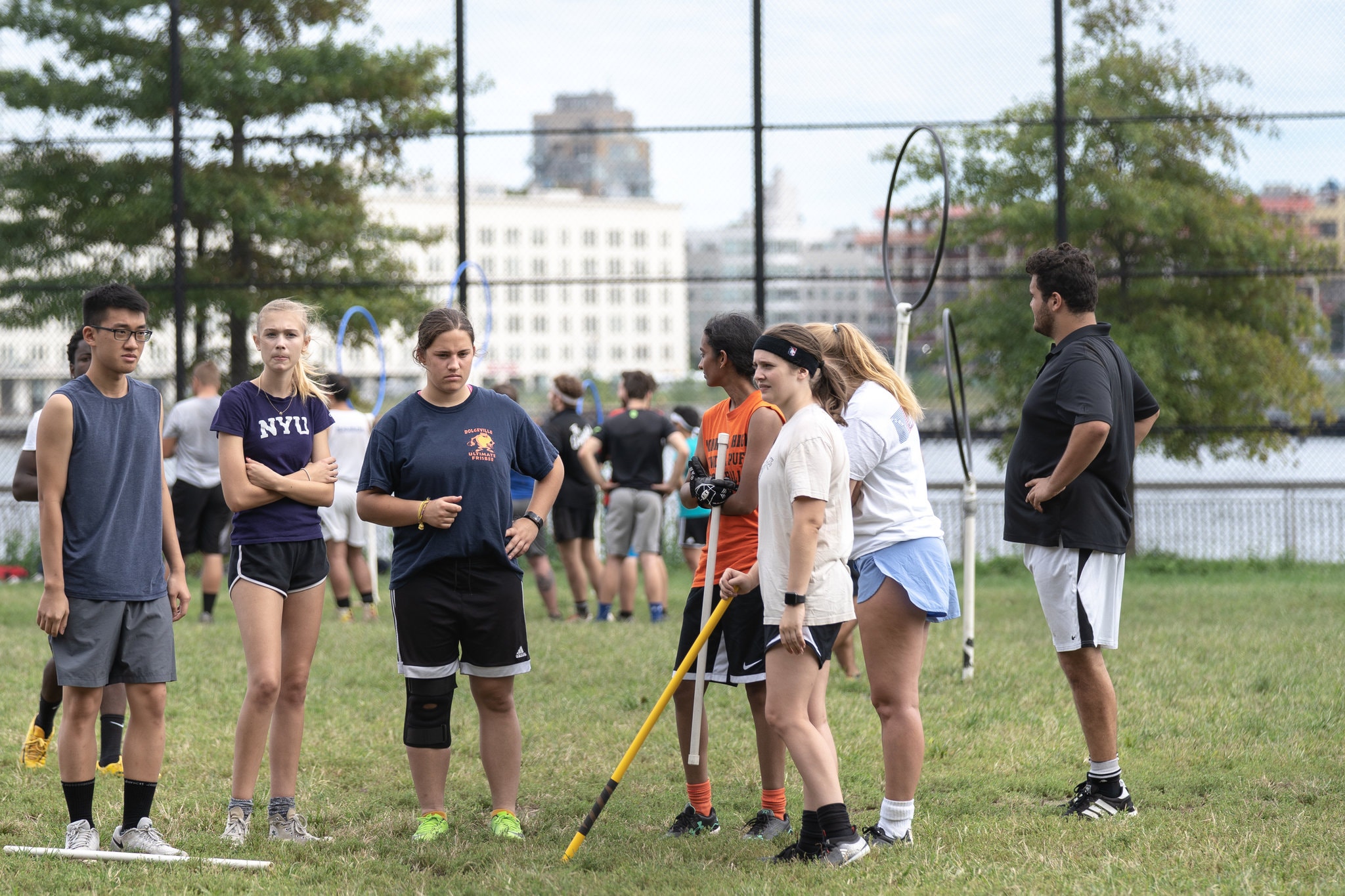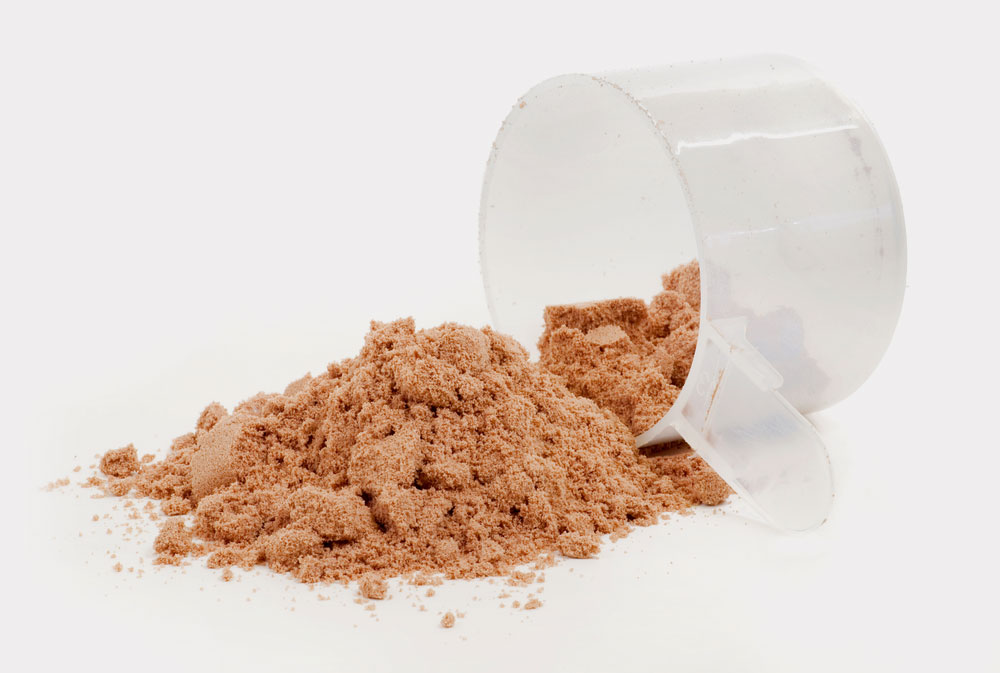Being Young, Active and Physically Fit May Be Very Good for Your Brain
Being Young, Active and Physically Fit May Be Very Good for Your Brain

Physically fit young adults have healthier white matter in their brains and better thinking skills than young people who are out of shape.
Physically fit young adults have healthier white matter in their brains and better thinking skills than young people who are out of shape, according to a large-scale new study of the links between aerobic fitness and brain health. The findings suggest that even when people are youthful and presumably at the peak of their mental prowess, fitness — or the lack of it — may influence how well their brains and minds work.We already have plenty of tantalizing evidence that aerobic fitness can beneficently shape our brains and cognition. In animal experiments, mice and rats that run on wheels or treadmills produce far more new neurons in their brains than sedentary animals and perform better on tests of rodent intelligence and memory. Similarly, studies involving people show strong relationships between being physically active or fit and having greater brain volume and stronger thinking abilities than people with low fitness or who rarely exercise.But most of these past studies focused on middle-aged or older adults, whose brains often are starting to sputter and contract with age. For them, fitness and exercise are believed to help slow any decline, keeping brain tissue and function relatively youthful. Much less has been known about whether fitness likewise might be related to the structure and function of healthy, younger people’s brains.
So, for the new study, which was published last month in Scientific Reports, scientists at the University of Münster in Germany decided to look inside the skulls of a large group of young adults.
They began by turning to a hefty trove of data gathered as part of the Human Connectome Project, an international collaborative effort that aims to help map much of the human brain and tease out how it works.
As part of that project, more than 1,200 young men and women in the United States recently agreed to have their brains scanned with a specialized type of M.R.I. that looks at the health of their brains’ white matter. White matter consists of the many connections between neurons and brain regions. It is, essentially, the brain’s communications wiring. (The working neurons make up the brain’s gray matter.)
The volunteers, who mostly were in their 20s, also completed multiple questionnaires about their health and lives, a general medical checkup, and a two-minute walk test, a widely used measurement of aerobic fitness that involves walking as rapidly as possible for two minutes, to see how far you get.Finally, they sat through a battery of cognitive tests, designed to quantify how well they could reason and remember in various ways.
The German researchers then gathered all of this information and began crosschecking it, comparing the young people’s fitness and thinking skills, their fitness and white matter health, and their white matter health and ability to think.
And they found a variety of interesting correlations. The young people, all of whom were healthy, had covered a wide range of distances in their two-minute walks. Some of those young men and women covered far less distance than others, marking them as the least physically fit.These relatively out-of-shape young people generally performed worst on the tests of memory and thinking skills, the scientists found. Their brain scans also indicated that their white matter was slightly weaker and more frayed than in the brains of the young men and women who had walked farthest in those two minutes.These relationships remained intact when the researchers controlled for the young people’s body mass indexes, socioeconomic status, age, gender, blood sugar levels and blood pressures.In essence, the fitter people in this group were, the more robust their white matter looked, and the better they performed on tests of memory and thinking skills.The researchers were taken aback by the strength of the associations between the young adults’ fitness, thinking and white-matter health, says Dr. Jonathan Repple, a psychiatrist and neuroscience researcher at the University of Münster who oversaw the new study.“There already are a few studies published looking at older people” and their brains and fitness, he says, “but to observe this in a young sample was quite surprising.”
This study provides only a snapshot of one moment in the lives of these young people, though, and can show only links between their fitness, white matter and thinking skills. It cannot prove that greater fitness directly caused their brains to look and function better.
It also did not measure or ask about exercise habits, so it is not clear how much or what kinds of exercise might be needed if you are young and want to raise your fitness and potentially also bulk up your white matter and cognitive skills.Dr. Repple says he and his colleagues are planning experiments to test whether and how various exercise programs affect fitness and the brain in people of different ages.But already, this study and others suggest that being fit may matter for brain health earlier than many of us might think.
“Even at a young age, physical fitness has beneficial effects not just on the body,” Dr. Repple says, “but also on brain health and brain functioning.”





